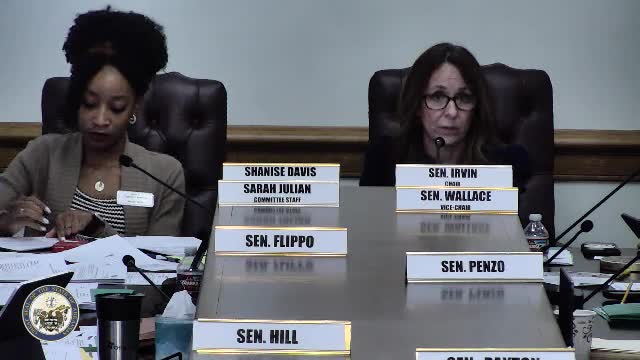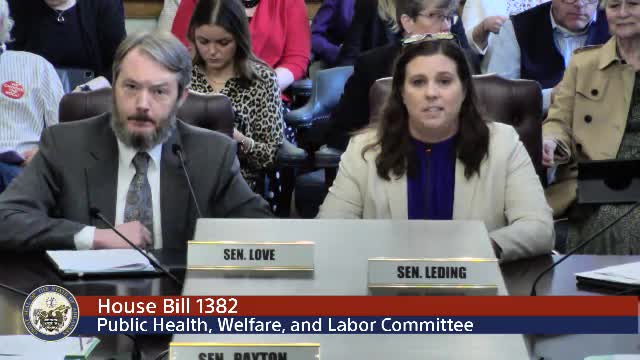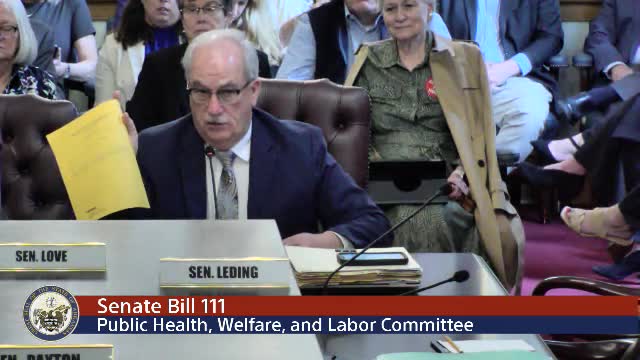Article not found
This article is no longer available. But don't worry—we've gathered other articles that discuss the same topic.

Legislature Passes Bill Requiring Disability Rights Arkansas to Report to Lawmakers; DRA Says FOIA Mandate Would Harm Clients

Senators Hear Pitch for Voluntary Portable‑benefits Accounts for Gig Workers; No Vote Taken

